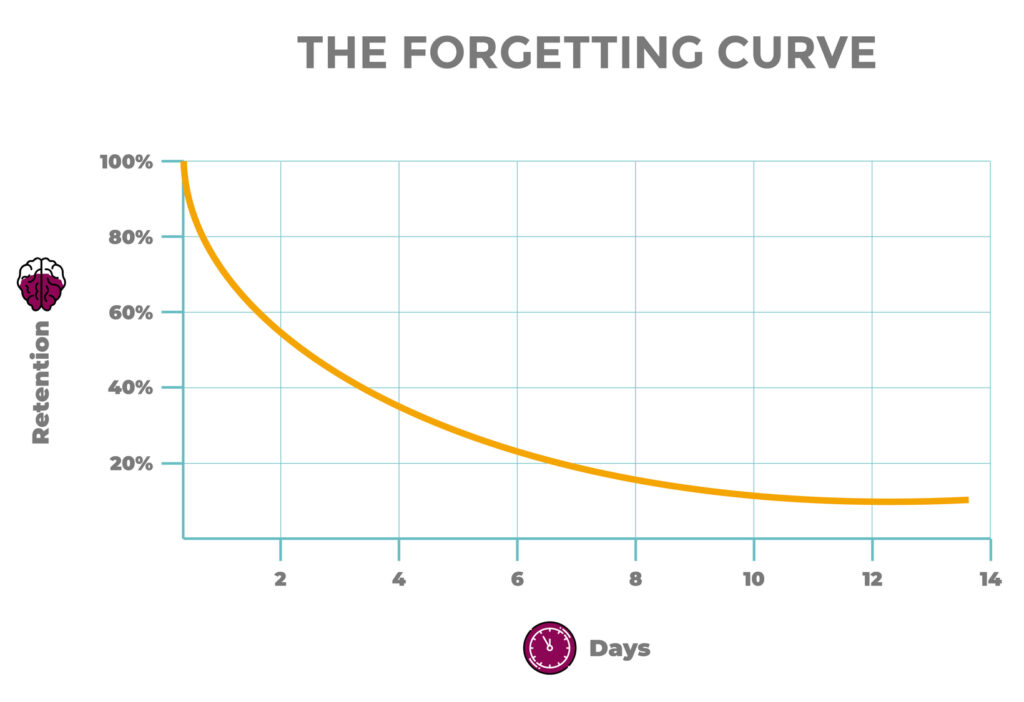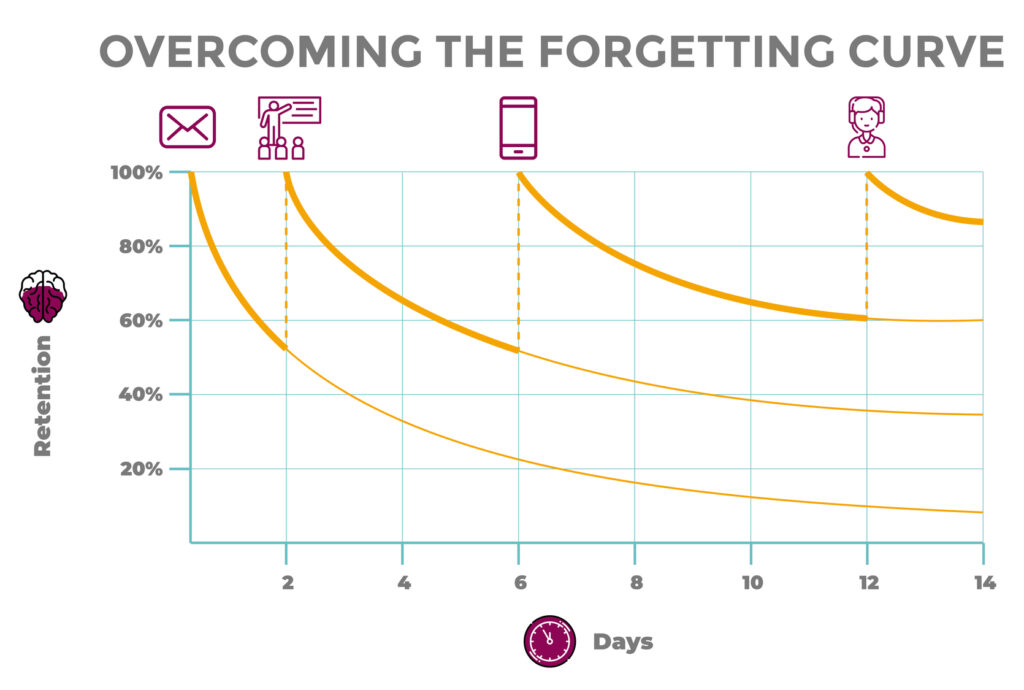ANSWERS TO YOUR QUESTIONS
Frequently asked
Here we answer common questions about what we do and how we do it. If you can’t find
the answer to your query please get in touch and we’ll get right back to you.
Questions
Organisations that ask employees to carry out risky work in dangerous locations must put in place effective security management measures to provide duty of care to their staff. This includes security management and crisis management training for HQ and field-based staff.
If staff don’t receive adequate training – and don’t handle security matters competently – there may be serious legal, practical, financial, and reputational consequences for your organisation and its programmes.
Providing security and crisis management training is therefore a legal, ethical, and practical necessity for organisations, and a Crucial Safety training equips your staff – whether local, national, or international – with key security knowledge, skills, attitudes, and competencies. This learning will help them work at their fullest potential and take effective and well-considered security decisions when needed, even in a crisis.
But as training budgets come under pressure, how to provide such necessary training in an effective way? We know that this kind of training remains essential – whatever the size of training budgets – and we have found a way to offer very high-quality online trainings that are both inexpensive and have a big impact, that can reach large numbers of staff easily, are environmentally responsible, and are simple to both organise and take part in.
In terms of impact, research suggests that online trainings better allow for best-practice learning approaches like spaced learning, self-paced learning, and regular assessments, none of which are possible using traditional face-to-face learning approaches. Since COVID-19 we have seen a huge upward trend in online learning.
Our online trainings offer the huge practical advantage of being able to quickly and easily reach large numbers of staff, and of staff being able to attend training whilst they remain in their work station, continuing with their day-to-day responsibilities. For your organisation, having staff learn in this way is optimal. It means that there is minimal impact on programme delivery whilst staff attend trainings, and staff can immediately put into practice what they learn.
Moreover, Crucial Safety online courses remove the need to fly or travel in any way, and have close to zero carbon emissions. Environmental responsibility is a core value of our organisation, and is becoming increasingly important to many organisations as they recognise the need to counteract climate change.
Your staff can take our public online trainings, or we can design private, bespoke, tailor-made online courses specifically for your organisation.
If you would like a feel for our training approach please sign up to one of our mini-courses, or get in touch for more information.
Is security or crisis management something you have in your job description and yet you don’t feel 100% confident about? By taking our courses you’ll increase your security knowledge, improve your individual effectiveness, and add professionalism to your work.
Employers are always looking for quality staff to fill senior positions, and security and crisis management competencies are highly in demand. Taking a course – and gaining a course completion certificate from one of our multi-week courses – is a great way of proving that you are on top of these crucial subjects. Taking our courses will help you to manage security more confidently, contribute during security meetings at work, and make an impression on external contacts and job interviewers with your security knowledge and skills.
Employers value self-driven training and you are more likely to excel in your current job and find a suitable future post when you commit to expanding your security knowledge through learning and training.
Taking an online training is a highly effective way to learn because it allows for best-practice learning approaches such as spaced learning, self-paced learning, and regular assessments, none of which are possible using traditional face-to-face learning approaches. Since COVID-19 we have seen a huge upward trend in online learning.
If you would like a feel for our training approach please sign up to one of our mini-courses, or get in touch for more information.
Well-conducted online training is an excellent learning vehicle. Crucial Safety online trainings use well-recognised and highly effective training techniques – such as spaced learning, self-paced learning, and regular assessment – all of which significantly boost training effectiveness. These techniques tend not to be used in traditional face-to-face training courses, and they make online training a very efficient way to learn. In short, online training puts the learner in control, allowing them to study what they want, when they want, how they want, with whomever they want.
The 2019 Training Industry Report by Training Magazine reveals that “at least 90% of large and mid-sized companies use an online learning management system to deliver training”.
What is spaced learning?
Spaced learning means learners revisit a topic on a number of occasions during the course to ensure a). their learning has been retained to a high level and b). it is transferable to real life situations (see also, ‘What is the forgetting curve?’, below, for more information on spaced learning)
“One of the most powerful ways to enhance students’ retention of important concepts is to return to those concepts across time”
John Dunlosky and Katherine A. Rawson, Kent State University
What is self-paced learning?
Self-paced learning allows learners to take the time they need to engage with and fully understand a topic. Self-paced learning takes into account that people learn at different speeds and gives individuals the space and time they need to successfully engage with all aspects of the training. It allows learners to quickly complete aspects of courses they are already familiar with and spend additional time on new material that is more challenging for them.
“Students in online conditions performed better, on average, than those learning the same material through traditional face-to-face instruction”
B. Means for the U.S. Department of Education, Office of Planning, Evaluation, and Policy Development
What is regular assessment?
Each training module contains a short knowledge check to assess understanding of the subject. It allows you instantly to see whether you have fully understood the contents of the module. After completing the knowledge check you can choose to do additional study if you wish.
“By interspersing online lectures with short knowledge checks … overall retention of material improves”
The Harvard Gazette
We’ve all heard of the learning curve, which is how quickly and effectively someone learns new knowledge and skills. It was first described by a pyschologist called Hermann Ebbinghaus in 1885. What is less well known is the forgetting curve, which Ebbinghaus also described. This is the rate at which people forget knowledge and skills after learning them.
When designing effective training understanding the forgetting curve is essential. There is no point in participants learning something and then going back to their day-to-day work and forgetting it within weeks (something that is all too common with traditional training approaches). The forgetting curve shows that without positive reinforcement over time, most new knowledge is forgotten pretty quickly. Look at this diagram, based on a modern understanding of Ebbinghaus’ work, which shows that the vast majority of information learned during a traditional training is forgotten within a few days, and 90% is forgotten within two weeks.

But there are ways to minimise the forgetting curve, in particular something called spaced learning. This approach to learning involves introducing new material and revisiting and reinforcing it over time using different teaching methods. The evidence strongly suggests that this has a very significant impact on people’s ability to retain new knowledge, and this is why we use it in both online and classroom-centred training.
Take a look at the diagram below, which assumes there is a classroom element to the course (although this isn’t essential for the method to work – it works just as well both during classroom-centred and pure online courses). The first introduction to the material might be through an email with a link to a podcast, an article to read or some background information to digest; on day 2 the material is covered – from a new angle – in the classroom; on day 6 – four days following the classroom session – learners are asked to watch a short video, which reinforces what was learnt in the classroom; and on day 12 learners listen to another short podcast or undertake a knowledge check, which helps to further improve learning and retention. By engaging with the material multiple times over a two week period the chances of retaining and mastering it massively increases.

We all know that we don’t learn how to ride a bicycle on the first day, but by getting in the saddle regularly we soon become familiar with what we need to do. In the same way, by using spaced learning and revisiting training topics over time – which is possible using emails, videos, podcasts, digital knowledge checks and guided reading – we become more familiar with the subject and are less likely to forget what we’ve learnt. As a result, we are more likely to have the knowledge in our head when we need to apply it. It makes a huge difference in training effectiveness and is a very significant step forward from the traditional face-to-face training approach.
Courses are aimed at staff working for organisations who send people abroad, and particularly staff of organisations, such as humanitarian, development and civil society agencies, who work in challenging environments where security is of concern.
Anyone managing people, facilities and programmes overseas will benefit from taking courses – this could include Country Directors, Deputy Country Directors, Programme Managers, Project Managers, Finance leads, Human Resources leads, Logisticians, Facilities Managers, Purchasing Managers, Security Staff and others.
The courses will also be of benefit to those working overseas in sectors such as donor agencies, government, diplomatic, education, journalism, engineering, human rights, the environment, and others.
Your online trainer will be a trained trainer with many years of experience leading and training on safety and security issues in the humanitarian, development and civil society sectors. During the course, he or she will use a number of highly effective training techniques to increase the impact of training.
Check individual courses for information on the course leader.
Please check individual course pages to see the content of the different courses available.
Wherever you can get an internet connection, you’ll be able to access your course materials and to study. If you are taking an on-demand mini-course once you have registered you will gain immediate access to your course materials. Learning materials for mini-courses include video, podcasts, documents, links to external resources, knowledge checks and assignments to test your understanding.
If you are taking a multi-week course with a fixed start date, you will pass through the course with a group of other learners. Once you have registered and paid for the course, your initial materials will become available roughly two weeks before the start date of the course so you can watch the welcome videos and prepare yourself for study.
On your multi-week course learning system, you’ll have access to:
- All of your study materials, which may include videos, online materials, PDFs, podcasts, worksheets, interactive activities, assignments, workbooks and other formats of your course materials and resources. During multi-week courses materials will be released for study on a weekly basis.
- A week-by-week guide of which materials you need to study, and by when.
- Contact details for your course leader.
- Weekly ‘learning pods’ where you will discuss topics with other students, complete collaborative work and get some extra help from your peers if you’re stuck.
- ‘Bonus’ resources (videos, podcasts and reading that are not part of the core course, but available to you if you are particularly interested in a topic and want to ‘dive deeper’).
For information on the start dates of multi-week courses please go to public online courses and check individual course pages.
On-demand mini-courses are available whenever you want to take them.
To find the prices of different courses go to the public online courses page and check individual course pages.
We want to make our online training as widely available as possible, and don’t want price to be a barrier to entry. If you work for a nationally-based (i.e. non-international) organisation with limited resources, contact us and let us know which course you are applying for. We will send you a voucher offering a price reduction of 30% once we receive a letter confirming your employment for a nationally-based NGO or civil society organisation.
Please note that price reductions can not be applied after payment for the course has already been made.
You can access courses from most places in the world, provided you have a sufficiently reliable internet connection. Videos should stream effectively in most locations, at a higher or lower quality depending on the bandwidth available.
Please register for one of our mini-courses to check whether you can stream training videos and podcasts.
It is possible that some courses may not be available in a small number of countries for technical compliance reasons, for example where countries are affected by international sanctions.
You will receive a course completion certificate at the successful completion of multi-week courses. We are currently examining whether we can offer course completion certificates for some mini-courses.
For multi-week courses you need to:
- watch, listen to and read all the teaching material provided
- contribute to online discussions throughout the course
- attend in-person discussion groups
- complete a knowledge check at the end of each module
- complete and submit on time the assignment for each module, successfully demonstrating the required competencies introduced in the preceding days
For mini-courses you need to:
- watch, listen to and read all the teaching material provided
- complete a knowledge check at the end of the course
- complete and submit the assignment for the course, self-marking it against the required competencies introduced in the preceding days.
We train in English, and know that English is a second, third or fourth language for many learners. To help with understanding, on our multi-week courses we use English sub-titles on videos and provide English-language transcripts for podcasts. We do this for some of our mini-courses, too.
In addition, learners are able to rewind sections of videos and podcasts they did not fully understand on first hearing. Where available, some reading materials are offered in other languages, such as French, Spanish and Arabic.
There are plans to translate the courses into other languages. If you have a significant number of staff who want to take courses in a different language, please contact us and we can discuss how to make this happen.
Whilst on the subject of language, this website is translated from English into French, Spanish and Arabic by an automatic web-based translation service. We apologise if any of the language in French, Spanish and Arabic is not exact.
Trainings are of differing lengths, ranging from 1-hour webinars or podcasts to mini-courses lasting a few hours to multi-week courses. See the public online courses page for further details.
You can pay using Paypal, Stripe or a credit card. Where you are offered the choice between Paypal and Stripe as a payment method we request that you use Stripe. Payment should be possible from most countries in the world. If you are facing technical difficulties paying for a course please contact us.
Once you have registered you will receive an email showing you how to access your course on the learning management system.
- If you are taking a webinar or mini-course you will be able to access the course materials immediately.
- If you are taking a multi-week course your initial materials will be unlocked roughly two weeks prior to the start of your course so you can begin your pre-course preparations.
Login to your course by clicking on the large red button at the foot of our website, then enter your login details when asked to do so.
Please register for one of our courses to get access to our learning management system and test whether you can stream webinars, course videos, and podcasts.
Yes. Please contact us for further details.
We can create bespoke and highly effective onboarding information, briefings, or online courses of any length or duration for your organisation, based on your security approach, framework, and documentation. Let us know what you want and we can discuss how to make it happen.
Please contact us. We will get back to you directly to clarify your needs and discuss how we can support you.
Online Courses

Essentials of Field Security Management – beta version
This 10-week course covers the key knowledge, skills, and attitudes necessary to manage security risks well in the field. You will learn technical and soft skills, and 'best practice' approaches.
It is suitable for anyone with direct technical responsibility for security, whether a Security Manager, a Security Focal Point, Programme or Project Manager, Logistician or Country Director.

Security Management For Country Directors – beta version
This 5-week course focuses on what senior field managers need to do to manage security well in their country programmes. You will learn key management approaches to enhance your thinking about security management, how to keep your staff safe and your programmes running.
Suitable for country Directors and Deputy Country Directors.

Essentials of Crisis Management – beta version
This 5-week course puts Crisis Management under the spotlight. It includes an instructor-led table-top crisis management exercise. You will learn key crisis management skills and techniques.
Suitable for all members and reserve members of crisis / incident management teams at HQ and in the field.

Essentials of Field Security Management – beta version
This 10-week course covers the key knowledge, skills, and attitudes necessary to manage security risks well in the field. You will learn technical and soft skills, and 'best practice' approaches.
It is suitable for anyone with direct technical responsibility for security, whether a Security Manager, a Security Focal Point, Programme or Project Manager, Logistician or Country Director.

Security Management For Country Directors – beta version
This 5-week course focuses on what senior field managers need to do to manage security well in their country programmes. You will learn key management approaches to enhance your thinking about security management, how to keep your staff safe and your programmes running.
Suitable for country Directors and Deputy Country Directors.

Essentials of Crisis Management – beta version
This 5-week course puts Crisis Management under the spotlight. It includes an instructor-led table-top crisis management exercise. You will learn key crisis management skills and techniques.
Suitable for all members and reserve members of crisis / incident management teams at HQ and in the field.



